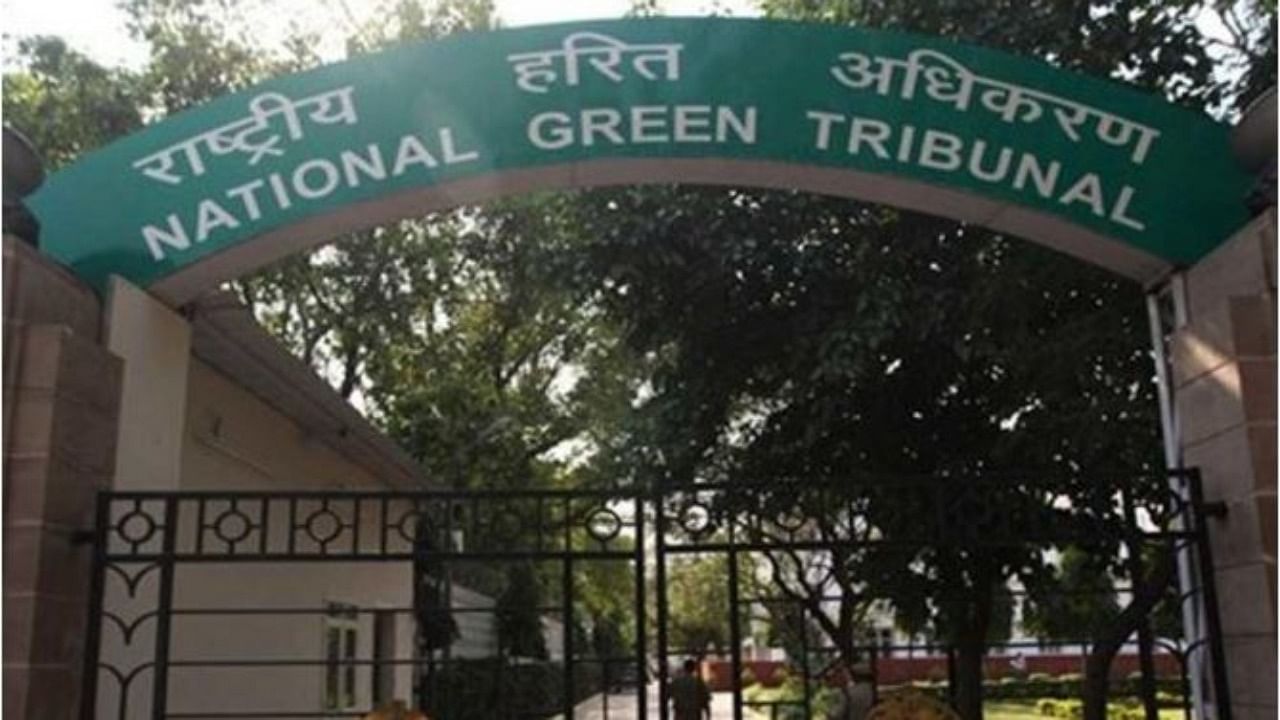
The National Green Tribunal (NGT) has ordered the Adani-owned UPCL thermal plant to pay Rs 52.02 crore to compensate for the damage caused to the environment and the health impact on the residents of the surrounding villages while directing the officials to take action against the company for tampering pollution monitoring systems.
A bench of the NGT's southern zone led by Justice K Ramakrishnan and comprising two expert members disposed of the original application filed by Janajagriti Samithi through its judgment dated May 31.
The order said 50 per cent of the compensation should be utilised to "evolve a scheme for providing necessary environmental infrastructure improvement water supply, sewage, STP, Solid Waste Management, Health facility and skill development programme". Noting that the UPCL has already deposited Rs 5 crore as per an interim order, the NGT said the remaining amount has to be paid within the next three months.
The tribunal also appointed a joint committee comprising deputy commissioner, director of agriculture and horticulture and a senior scientist from CPCB to conduct a detailed study on the impact of the UPCL's activities on the agricultural lands in the 10 km radius of the thermal plant.
The tribunal directed the state and central pollution control boards (KSPCB and the CPCB) to initiate prosecution against the UPCL or impose additional compensation for tampering with the Online Continuous Emission Monitoring System. The two boards may also direct the UPCL to adopt a zero-liquid discharge system to protect the marine environment.
The Udupi Power Corporation Limited (UPCL) has two 600 MW plants in Yellur village, Udupi district. The environment clearance given to the plant, which has seen protests and litigations since 2003-4, was termed illegal and void by the NGT earlier. Adani acquired the plant in 2015 and sought to expand it by setting up two 800 MW units.
The NGT directed the MoEF&CC to incorporate the carrying capacity study submitted to the tribunal by the Environmental Management and Policy Research Institute (EMPRI) while taking up further studies. It told the ministry to direct UPCL to conduct a detailed environmental impact assessment (EIA) study through an accredited agency which has to incorporate the recommendations of the NGT expert committee as well as the EMPRI report.
The fresh EIA report should be submitted to the Expert Appraisal Committee (EAC), which "shall make proper appraisal" of the report. If the EAC decides to recommend environment clearance for the expansion by incorporating the conditions which are required for the purpose of the protecting environment applying the principle of precautionary principle and sustainable development